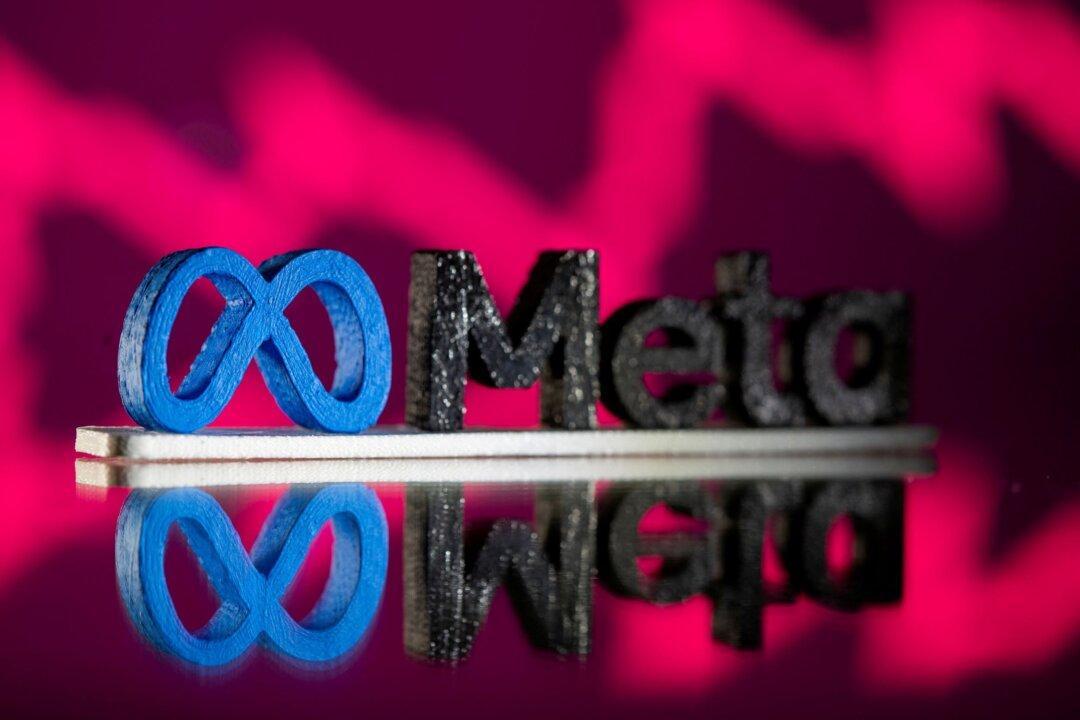Facebook owner Meta Platforms is beginning to test tools for selling digital assets and experiences within its virtual reality platform Horizon Worlds, a key part of its plan for creating a metaverse, it said on Monday.
The tools will be available initially to a handpicked set of users who are creating virtual classes, games, and fashion accessories within the company’s immersive platform, which is accessible via VR headsets, Meta said in a statement.





